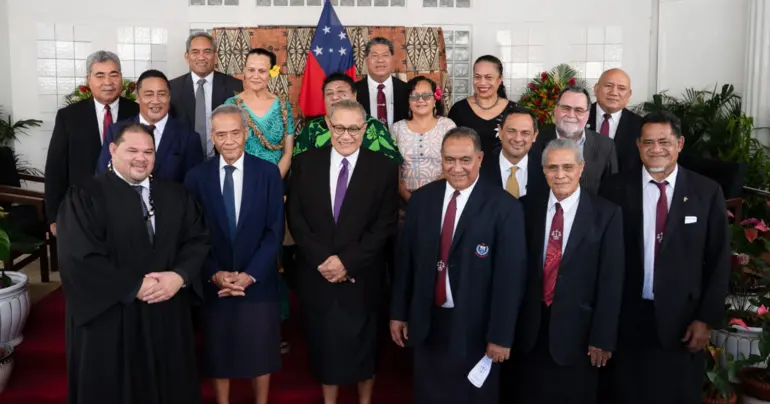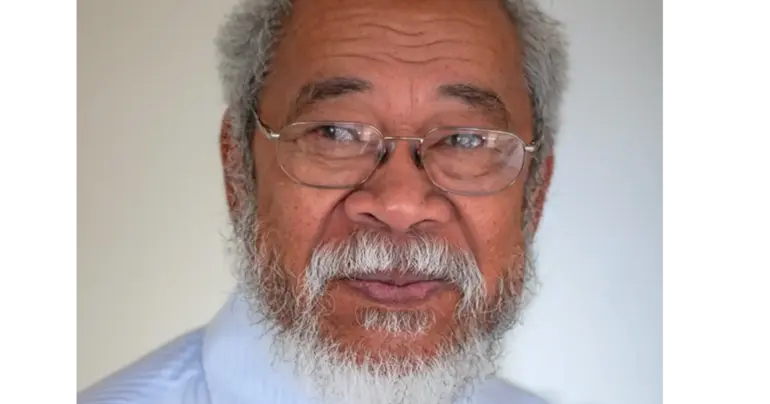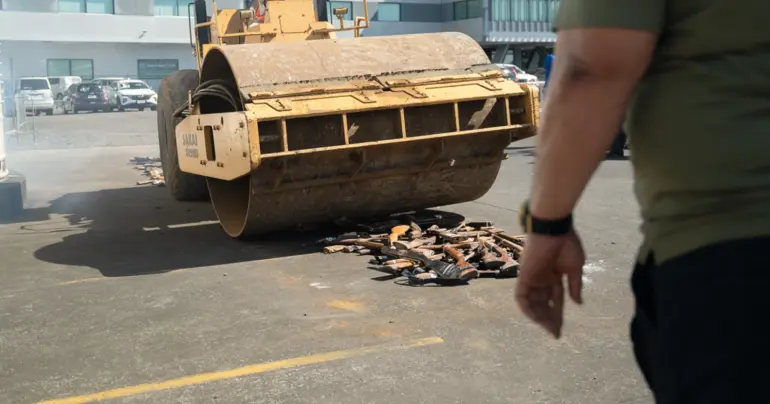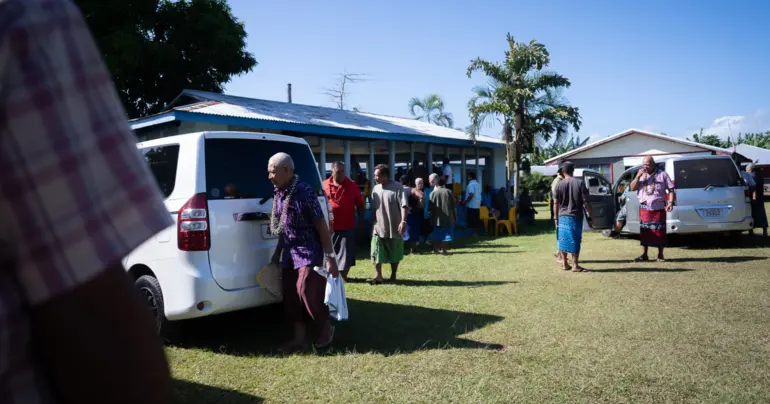The 17 unrecorded deaths highlight need for inquiry
 By The Editorial Board
•
08 March 2021, 4:00AM
By The Editorial Board
•
08 March 2021, 4:00AM
It is tragic that close to 18 months after the deadly measles outbreak, more information on this public health crisis continues to emerge, raising questions on whether the absence of Government leadership at that time laid the seeds for the outbreak and if anyone will ever be held accountable.
The virus targeted the community’s most vulnerable and came close to bringing this nation to its knees, only to be saved by the miraculous hands of over a hundred medical personnel from abroad, who flew in and together with local nurses and doctors worked in unison to halt the epidemic’s spread.
Just last month the Samoa Observer revealed details of how the Government ignored the findings and recommendations of a Commission of Inquiry, which it instituted following the deaths of two infants at the Safotu District Hospital in early July 2018 after they were both administered the M.M.R. vaccine.
To date the Government has not given an official statement on why it failed to act on the recommendations of the Inquiry, some six months before the first signs of an epidemic began to surface.
Though the commentary from leaders in relation to the issue, which has been coming in dribs and drabs, have been noticeable.
Prime Minister Tuilaepa Dr. Sa'ilele Malielegaoi last month pointed the finger at “internal friction” between the disbanded National Health Service and the Ministry of Health at that time as well as fears amongst parents over vaccine safety.
But there is more to come on how Samoa was, yet again, exposed to the ravages of a virus that this time around mostly claimed the lives of children less than 4 years of age.
In the 7 March 2021 edition of the Sunday Samoan, the Samoa Umbrella of Non-Government Organisations (S.U.N.G.O.) revealed in its annual report for the fiscal year 2019–2020 that their post-epidemic work using M.O.H. data had uncovered 17 previously unrecorded deaths during the 2019 measles epidemic.
According to the S.U.N.G.O. annual report, their team visited 310 families between 29 December 2019 and late February 2020, and analysed the data they collected with that of the M.O.H. to conclude that there were 17 extra deaths on top of the official measles epidemic death toll of 83.
Out of those 17 deaths, 10 were from Upolu and seven from Savai’i and out of a total 100 who have now died from the measles epidemic, 51 were female and 49 were male.
The S.U.N.G.O. annual report also stated the Government did not give enough attention to the loss of lives and those families who lost loved ones, though it revealed a partnership between S.U.N.G.O. and the M.O.H. through the Mental Health Unit was later formed to assess families who were affected.
The uncovering and reporting of the 17 unreported deaths from the 2019 measles epidemic – in this case by a non-government organisation – confirms that the Government has been unable to fully assess and accept the impact of a public health crisis that cost the nation 100 innocent lives.
A lot of questions remain unanswered on the Government’s overall response to the epidemic at that time; the factors that exposed the country’s vulnerability to the virus; who should be held accountable; and what measures should be put in place to ensure there is no repeat of a similar public health crisis in the future.
The Prime Minister’s response to calls for a Commission of Inquiry into the 2019 measles epidemic is well documented with the country’s longest serving head of Government continuing to brush off calls by Members of Parliament , a former Prime Minister and Head of State as well as political parties.
But what is Tuilaepa afraid of when ultimately the decision to establish one should be about the health and welfare of the people and putting in place measures to ensure we don’t experience a similar public health crisis?
The uncovering of another 17 deaths from the measles epidemic – close to two years after the public health crisis – exposes flaws within the M.O.H. data collection process.
Or was that miscalculation in the Ministry’s data collection process deliberate so as not to paint a grimmer picture of the 2019 measles epidemic fatalities, and thus not put the Human Rights Protection Party (H.R.P.P.) Government in bad light?
Thanks to the work of the S.U.N.G.O. and a grant courtesy of the Canadian government, counselling and essential supplies got to the impacted families, including those connected to the 17 deceased who were literally forgotten.
We can only imagine how heartbreaking it must have been for the families of the deceased 17, not to have the details of their loved ones recorded in any official form, until a non-government organisation came knocking on their door.
It will take time for the families of those who perished in the measles epidemic close to 18 months ago to find closure.
But one step the next government can make to enable them to cross that bridge is to announce a fully fledged Commission of Inquiry to find out exactly what went wrong and how it can be avoided in the future.
 By The Editorial Board
•
08 March 2021, 4:00AM
By The Editorial Board
•
08 March 2021, 4:00AM










